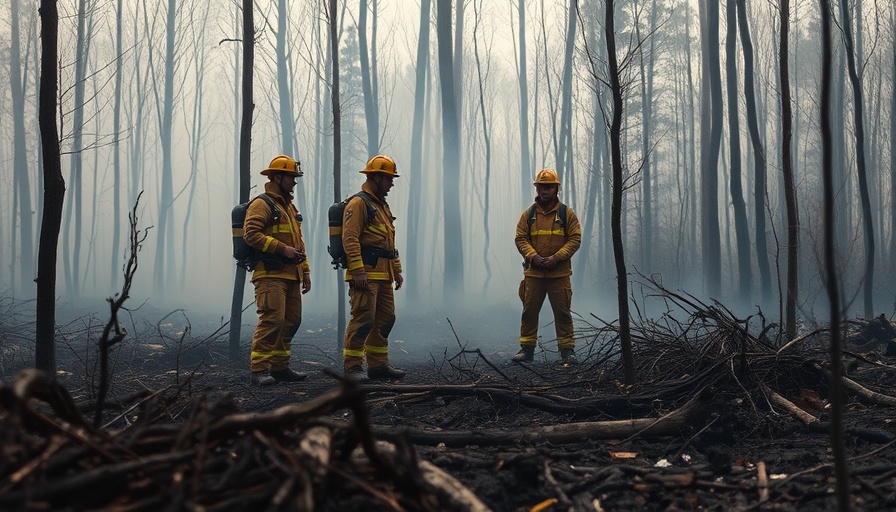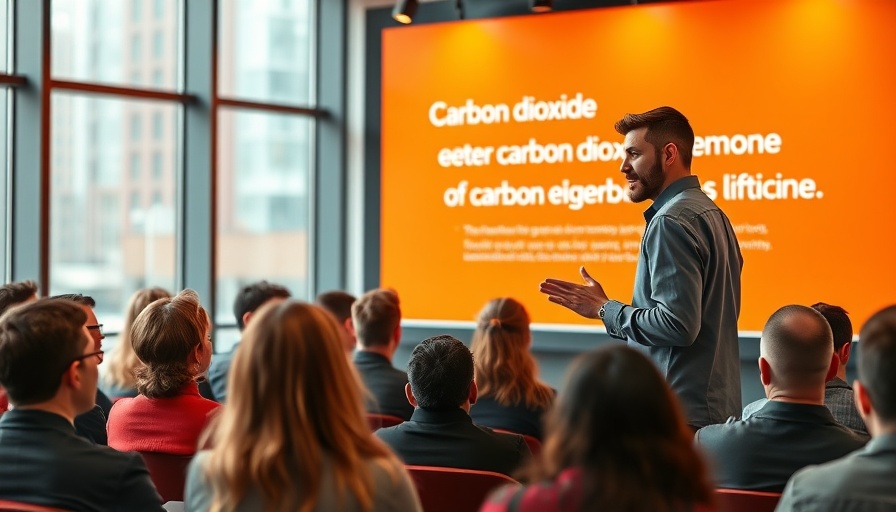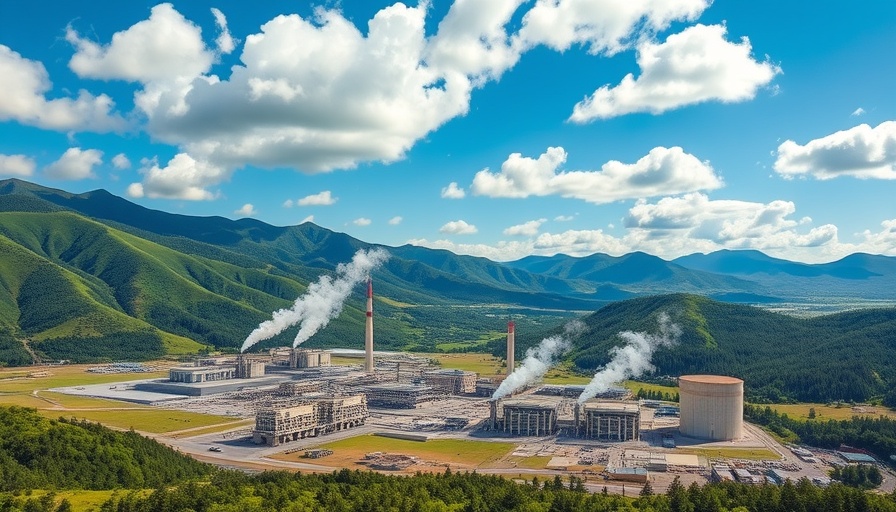
Understanding the Accelerating Forest Loss Through Wildfires
The alarming trend of increasing forest loss due to wildfires has sparked significant concern among environmentalists and scientists alike. In 2024, over 6.7 million hectares of Brazil’s Amazon rainforest were consumed by flames – more than twice the previous record – highlighting an urgent need for awareness and action. These wildfires are not merely natural disasters; they are the result of a complex interplay of climate change, human activity, and ecological degradation.
The Climate Connection: How Rising Temperatures Fuel Wildfires
The data reveals a direct correlation between rising global temperatures and the prevalence of wildfires. Brazil's acting Minister of Environment, João Paulo Capobianco, emphasized that tropical forests, which historically maintained resilience against fierce fires, are now vulnerable due to climate change. With hotter and drier conditions becoming the norm, the likelihood of wildfires is increasing, particularly in areas previously thought to be immune, such as the Amazon and the Congo Basin.
Causal Factors: Human Activities in Focus
One significant factor driving these wildfires is human activity. Farmers and land-grabbers often set fires intentionally to clear land for agriculture. This practice, while intended for short-term gains, leads to long-term degradation of forest ecosystems, creating a vicious cycle where fires become both a cause and consequence of deforestation. As forests diminish, the ecological balance worsens, leading to drier landscapes that are even more susceptible to fires.
Consequences: Beyond Environmental Loss
The repercussions of these wildfires go beyond the immediate destruction of trees. Smog resulting from the burning forest has significant health impacts, contributing to respiratory illnesses and reducing quality of life for nearby communities. Furthermore, these environmental catastrophes disrupt education and daily activities, casting a long shadow on social stability in these regions. The environmental impact is severe, as diminishing forests lessen biodiversity and affect climate regulation through carbon storage.
Future Implications: Are We Approaching a Tipping Point?
Scientists are wary that the current trajectory of forest loss and degradation points toward a potential tipping point. Businesses, governments, and communities must acknowledge the reality of these scientific predictions, as failure to act may lead to ecosystems that no longer support their previous biodiversity levels. As they move towards being drier and more flammable, large areas could begin to shift into entirely new ecological states, dramatically altering the planet's climate systems.
Local and Global Perspectives on Forest Conservation
While local actions against deforestation are essential, global cooperation is also critical. International agreements and regulations surrounding forest conservation can lead to more sustainable practices, and countries need to implement stringent regulations to combat illegal logging and irresponsible agriculture. Sustainable forestry practices and greater investment in renewable resources are paramount for reversing current trends.
What Can We Do? Emphasizing Sustainable Living
Individuals can make impactful changes by adopting more sustainable lifestyles. Embracing eco-friendly products, reducing waste, and practicing responsible consumption can contribute to a broader movement towards environmental conservation. Supporting sustainable businesses and practices, like using renewable energy sources and participating in community gardens, empowers consumers to make a difference.
Call to Action: A Collective Responsibility
It is crucial for everyone to engage in climate action. Whether through personal lifestyle choices or advocating for policy changes, collective efforts can pave the way for a more sustainable future. Let’s commit to eco-friendly living, support sustainable practices, and reduce our carbon footprints to preserve our forests and protect our planet for future generations.
 Add Row
Add Row  Add
Add 



Write A Comment